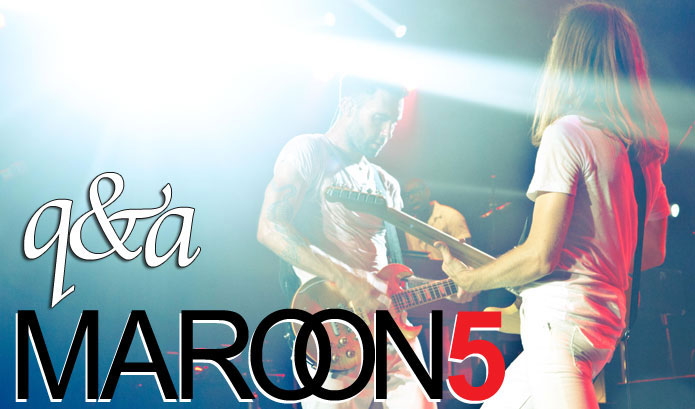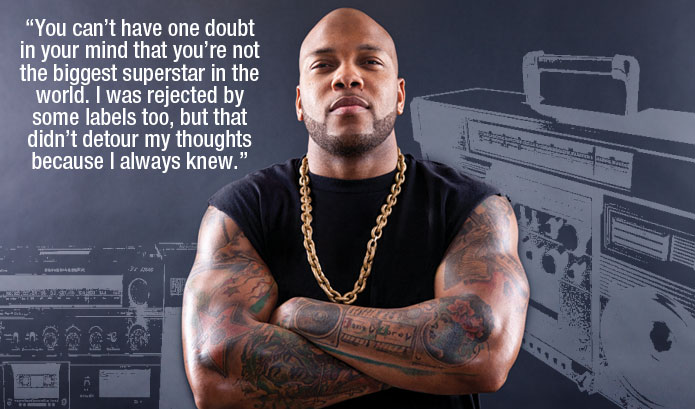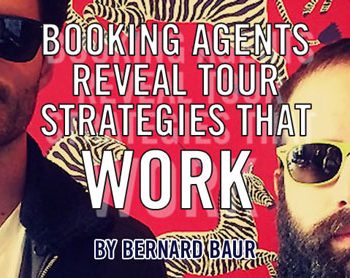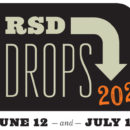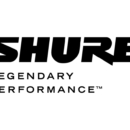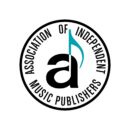By Dan Kimpel

The unlikely tale of how Amanda Palmer raised a million plus dollars from over 25,000 fans on Kickstarter for the forthcoming Amanda Palmer and the Grand Theft Orchestra release Theater is Evil is a story of such impressive measure that the New York Times and Forbes have taken note.
Palmer’s range of creative pledges spans a dollar download or a $5 digital edition of the music all the way up to a $10,000 “portrait-sitting” and dinner with the artist. Particularly generous backers will have Amanda Palmer visit their homes for a live performance, others will receive signed and numbered art books with words by husband-novelist Neil Gaiman, lyrics from Palmer, and pictures from over 30 artists. Other high-end options include an Amanda Palmer painted USB capable turntable, vinyl, CD and artwork; a donut feast with the artist (plus art and music), Sharpie pictures drawn by Palmer to listener specifications (i.e. departed pets, lost homes, etc.); and admission to art openings and parties where Palmer promises to entertain.
In this exclusive interview Palmer speaks with Music Connection about crowd funding and what it represents for the future of the music business.
Music Connection: Good morning, Miss Amanda. It sounds like this might be too early an hour for you. Are you a creature of the night?
Amanda Palmer: (Clears throat) Well…I was a creature of last night! But I’m hydrating and having coffee and my voice is coming back.
MC: The lead single “Do it With a Rockstar” from your upcoming album Theater is Evil channels the glam rock days of T. Rex and Bowie.
Palmer: Yes! We could also do a mash-up of “Do it With a Rockstar” with “Do You Wanna Dance” (recorded by Bobby Freeman in 1958). Two of the other songs on the album would segue right into “Walk on the Wild Side” by Lou Reed, so we might do that too.
MC: People are so interested in you right now.
Palmer: (Laughs) I have no idea why.
MC: Maybe it’s because you have embraced this new trend of finding listeners who like you.
Palmer: That’s not a new trend––show me an artist who doesn’t want people to like them, and I’ll show you a dead artist.
MC: Do you think that the public had been force-fed by the industry for so long that taking charge with crowd funding is a reaction to that?
Palmer: To burst my own bubble, I don’t think anything all that new is really happening. I think people are paying attention now. It’s similar to what was happening in the ‘80s and ‘90s when DIY artists started their own little labels because manufacturing made it possible to make your own tapes.
MC: But that was a different decade, pre-Internet if you will.
Palmer: I think there are really fundamental things that don’t change about art and musicians and audiences. But the music business has been so fucking out to lunch for so long about some fundamental truths. But a lot of musicians haven’t been. They understand the basics of making good music, and if you make it available to people they will help you.
MC: Your history with your previous label, Roadrunner Records, was by all accounts strained and it took you two years to extricate yourself from it. Speaking of labels in general, why do you think the industry at large hasn’t grasped the concepts that you embrace?
Palmer: Because it’s messy, it’s emotional and it’s complicated. A company can’t sit around a table and say how they can make people like you. As an artist, you have to emotionally connect. It can’t be manufactured. It can’t be put together in a boardroom. That has to be by virtue of the fact that the music really connects with people. Little has changed, but there is now a light shown on what was a darker place.


